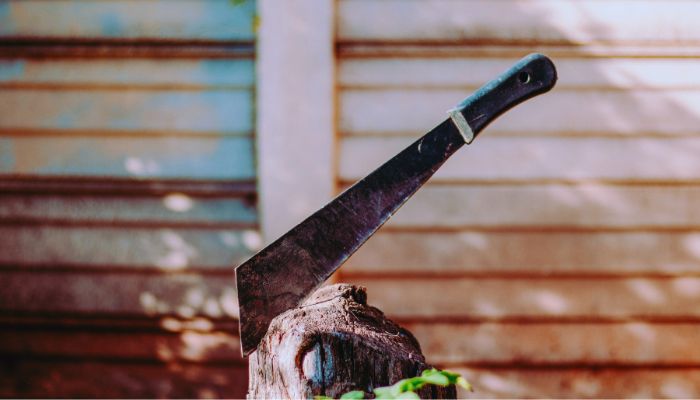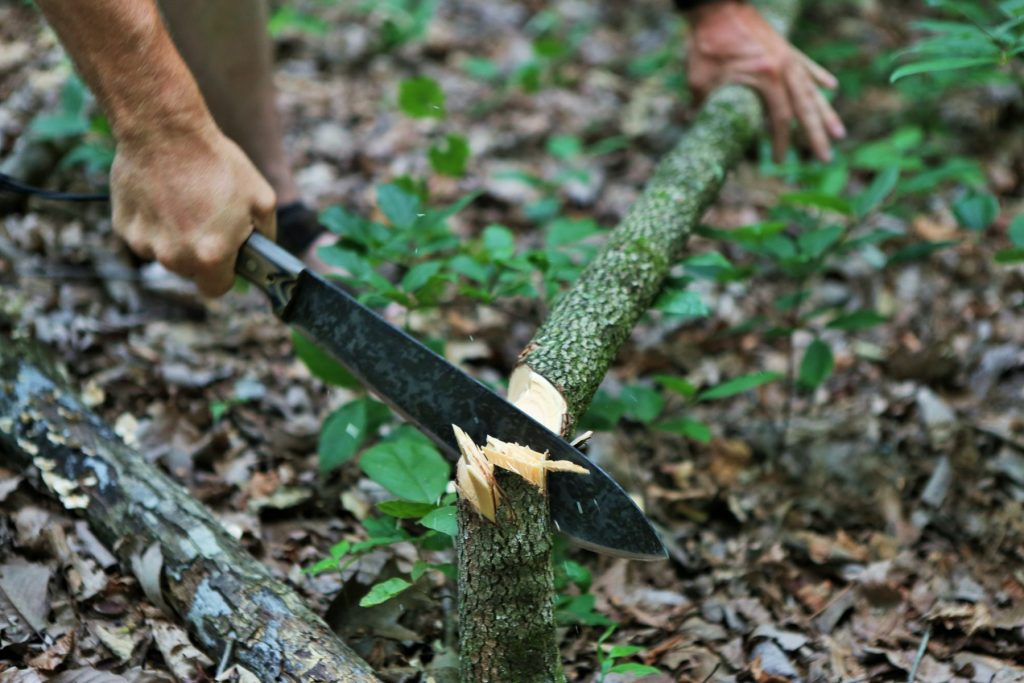
Is it Legal to Own a Machete in Queensland?
If you’re curious about the legalities surrounding the ownership of machetes in Queensland, you’ve come to the right place. In this comprehensive article, we will delve into the regulations and guidelines that dictate the possession of these versatile tools. Whether you require a machete for agricultural work, outdoor activities, or other legitimate purposes, understanding the legal landscape is essential.
Overview of Machetes
Machetes are large, cleaver-like knives with a long, wide blade. They have a rich history and are commonly used worldwide for various purposes. Machetes are valued for their ability to perform tasks such as clearing vegetation, cutting through dense foliage, or even serving as a self-defence tool in certain situations. Their versatility makes them a popular choice among farmers, gardeners, campers, survival enthusiasts, and individuals engaged in outdoor activities.
Laws and Regulations in Queensland
To determine the legality of owning machetes in Queensland, it’s important to explore the relevant laws and regulations. Let’s examine the key aspects:
Classification and Purpose
In Queensland, machetes are classified as bladed weapons. The legal status of owning a machete depends on its purpose and the manner in which it is used. Generally, owning a machete for legitimate reasons, such as gardening, agricultural work, or engaging in outdoor activities like camping, bushcraft, or survival training, is considered lawful.
Intended Use and Context
The intended use and context of owning a machete significantly influence its legality. Using a machete responsibly and within the bounds of the law is essential. Owning a machete for lawful activities, such as clearing vegetation on private property, maintaining gardens, or engaging in legitimate outdoor pursuits, is generally accepted. However, using a machete with the intent to harm others or for illegal purposes is strictly prohibited and can result in criminal charges.

Transportation and Storage
When transporting a machete in Queensland, it is important to exercise caution and follow proper safety guidelines. It is advisable to securely store and transport the machete in a manner that minimizes the risk of injury or harm to oneself or others. Keeping the machete concealed and securely wrapped or stored in a suitable container when in public spaces is recommended. It is important to note that brandishing or openly carrying a machete in public can lead to legal consequences.
Age Restrictions and Responsible Ownership
While there may not be specific age restrictions for owning a machete in Queensland, responsible ownership is paramount. Parents or guardians should assess the maturity and capabilities of minors before allowing them access to machetes. Supervision and education on safe handling, storage, and usage are important aspects of responsible machete ownership. Educating oneself and others on proper safety measures is crucial to ensure the well-being of individuals and the community.
Conclusion
Owning a machete in Queensland is generally legal when used for legitimate purposes such as gardening, agricultural work, or engaging in outdoor activities. However, it is essential to familiarize oneself with the laws and regulations that govern machete ownership. Always use machetes responsibly and within the confines of the law, avoiding any activities that may violate regulations or pose a threat to public safety.
Note: The information provided in this article is for general guidance and should not be considered legal advice. It is always recommended to consult official sources, such as the Queensland Police Service or legal professionals, and seek personalized advice to ensure compliance with current regulations and laws.
This article is of a general nature and is intended for information only. It should not be relied upon as legal advice. If you require further information, advice or assistance for your specific circumstance, please contact us at Bouchier Khan Lawyers.
